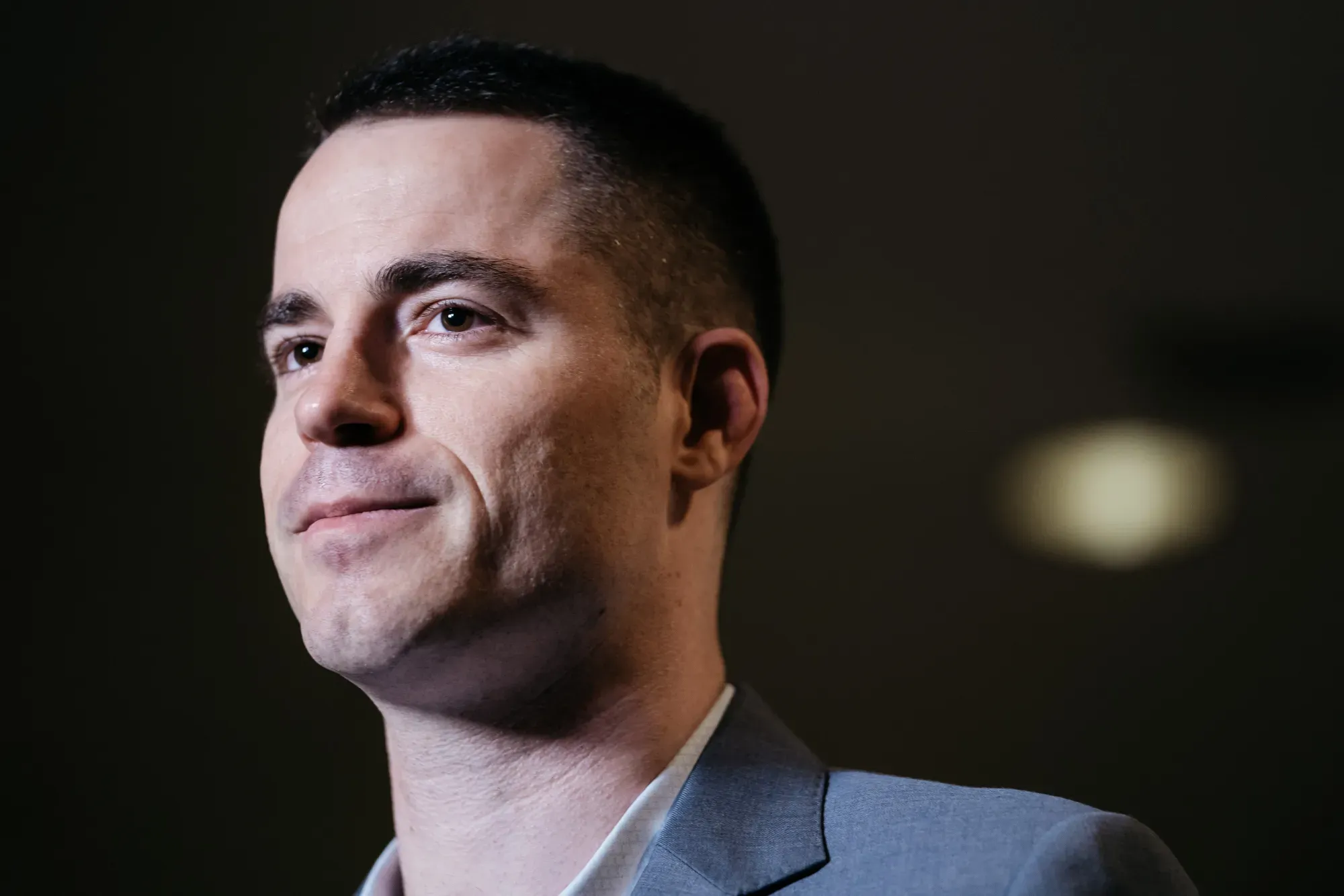Spain Rejects Roger Ver’s Extradition Appeal, Sparks Calls for Trump's Intervention

Roger Ver, early Bitcoin pioneer and investor, faces a critical juncture as Spain has rejected his last-ditch appeal against extradition to the United States. This decision marks a significant escalation in Ver's legal battle, with implications that reverberate beyond just his fate. The case is viewed by many as a stark example of government overreach and abuse of power.
At the heart of this legal storm are accusations from U.S. prosecutors that Ver allegedly evaded taxes by not paying enough of an "exit tax" when he renounced his American citizenship back in 2014. Ver's legal team vehemently contests these charges, claiming they are not only politically motivated but also represent a broader attack on individuals advocating for and utilizing decentralized financial systems.
A Cry for Justice and Pardon
The situation has put Ver in the spotlight on platforms like "The Alex Jones Show," where he appeared today to rally support. Host Alex Jones has been vocal, urging President Donald Trump to consider a pardon for Ver. He argues that Ver's prosecution could set a detrimental precedent, chilling innovation in the cryptocurrency sector. "The administration needs to move quickly on this," Jones stated, highlighting the need to protect those who are pushing the boundaries of traditional finance.
“The Deep State Goes After People That Build The Tools That Enable More Freedom”: Pioneering Advocate For Cryptocurrency & Decentralized Finance, Roger Ver AKA “Bitcoin Jesus” Drops Bombshell Intel Exclusively On The Alex Jones Show! https://t.co/VcQBdHL417
— Alex Jones (@RealAlexJones) February 7, 2025
Ver himself expressed optimism about the potential for a new American Renaissance through his investments in U.S. businesses, which he believes could be stifled by his current legal woes. "It almost feels like another American Renaissance happening right before our eyes," he said, emphasizing the collective responsibility to resist what he describes as deep state aggression against pioneers in economic liberty.
The Spanish court's decision to deny the appeal has raised serious questions about the integrity of legal processes, particularly concerning due process and the potential misuse of prosecutorial power. Ver's attorneys have pointed out several procedural injustices, including allegations of breached attorney-client privilege and withheld evidence by U.S. authorities.
The narrative around Roger Ver's case has caught the attention of the crypto community and beyond, with many seeing it as a litmus test for the U.S. stance on financial innovation. The CEO of Bitcoin.com has publicly noted that Ver's freedom is pivotal for their expansion plans in America, suggesting that a pardon could signal U.S. support for cutting-edge financial technologies.
As Ver's extradition looms, the urgency for President Trump to act grows. Advocates for Ver are not just fighting for his personal freedom but are also defending the broader principles of innovation, privacy, and financial autonomy. Whether or not Trump will heed these calls remains to be seen, but the implications of his decision could resonate far beyond this single case, setting a tone for how the U.S. approaches the evolving landscape of digital currencies and economic freedom.

